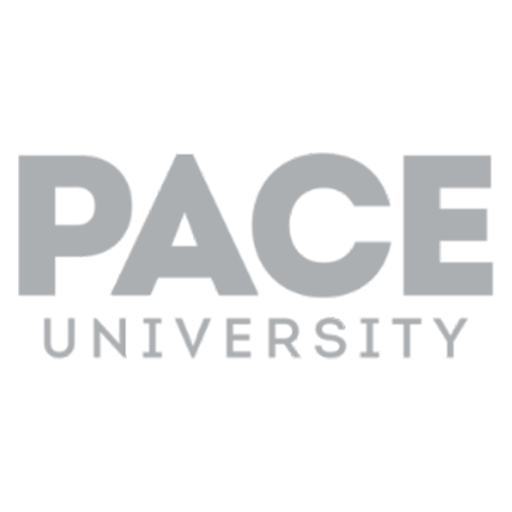Types Of Assistance Provided
Unlock your business’s potential with the dedicated support of our Small Business Development Centers (SBDCs). Our full suite of no-cost expert services, from business plan development and marketing strategies to financial planning and cost analysis offer you the guidance you need to run a more efficient, profitable business.
Ready to take the next step? Visit your local SBDC and connect with a business advisor to guide you through every phase of your journey.
Specialty Programs & Community Initiatives
No two businesses are alike. Whether you’ve identified an opportunity, are facing a temporary hurdle or something deeper is holding you back, there are New York SBDC mentors with the solutions and experience to help. Find support for the unique situations you face.
Ready to start? Connect
With your local center.
Our statewide network of 20 regional development centers and over 70 satellite locations is ready to help you take the next step. Find your center & start your SBDC journey.





























